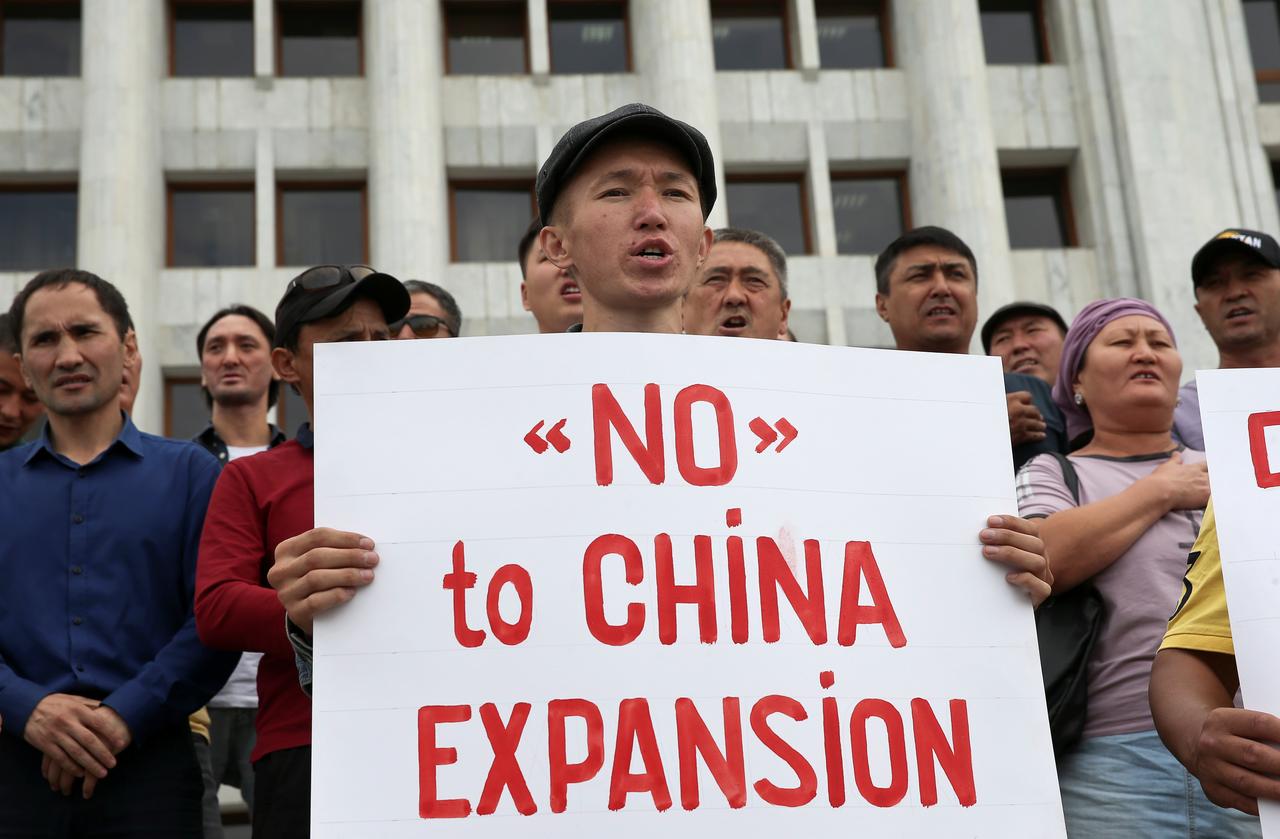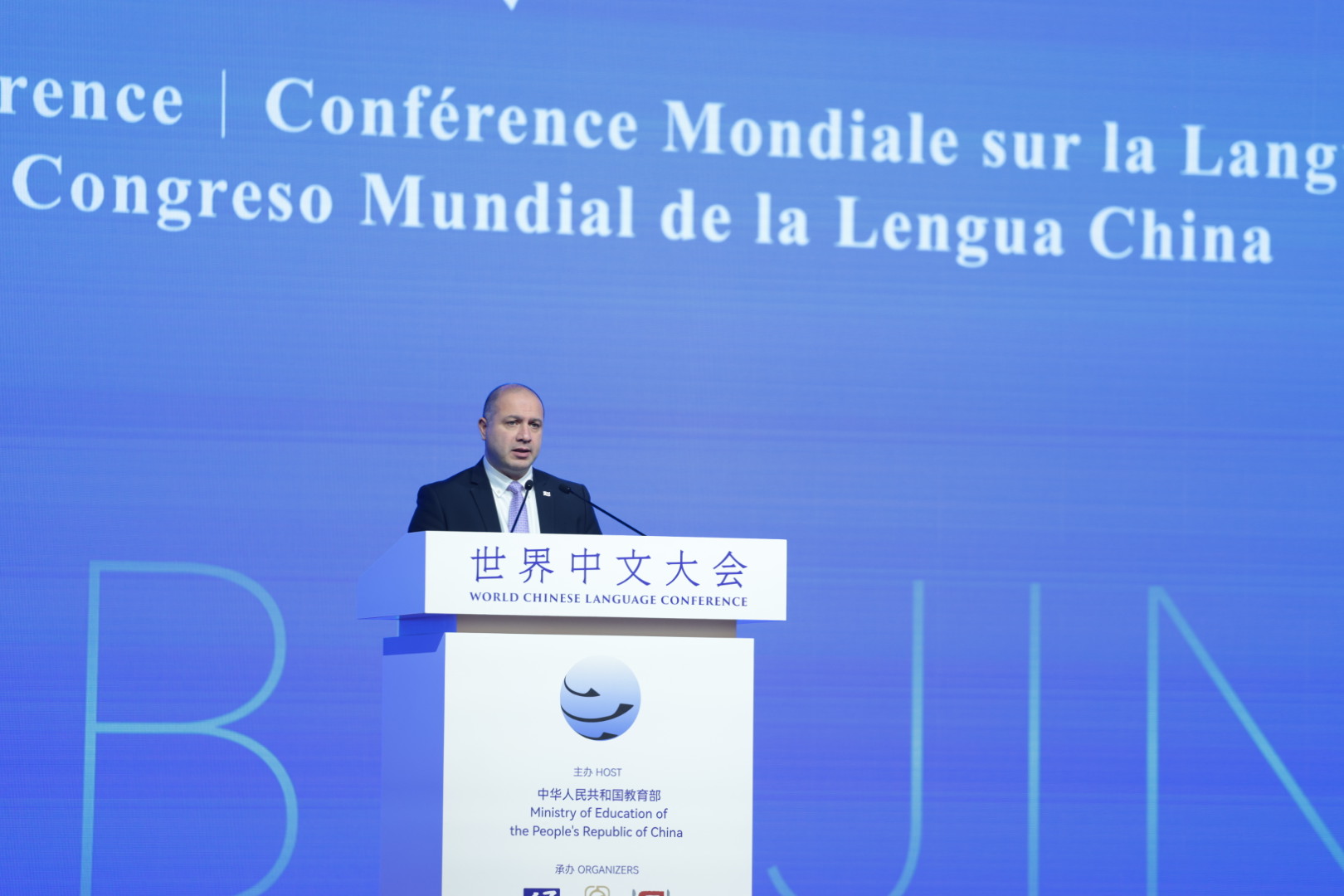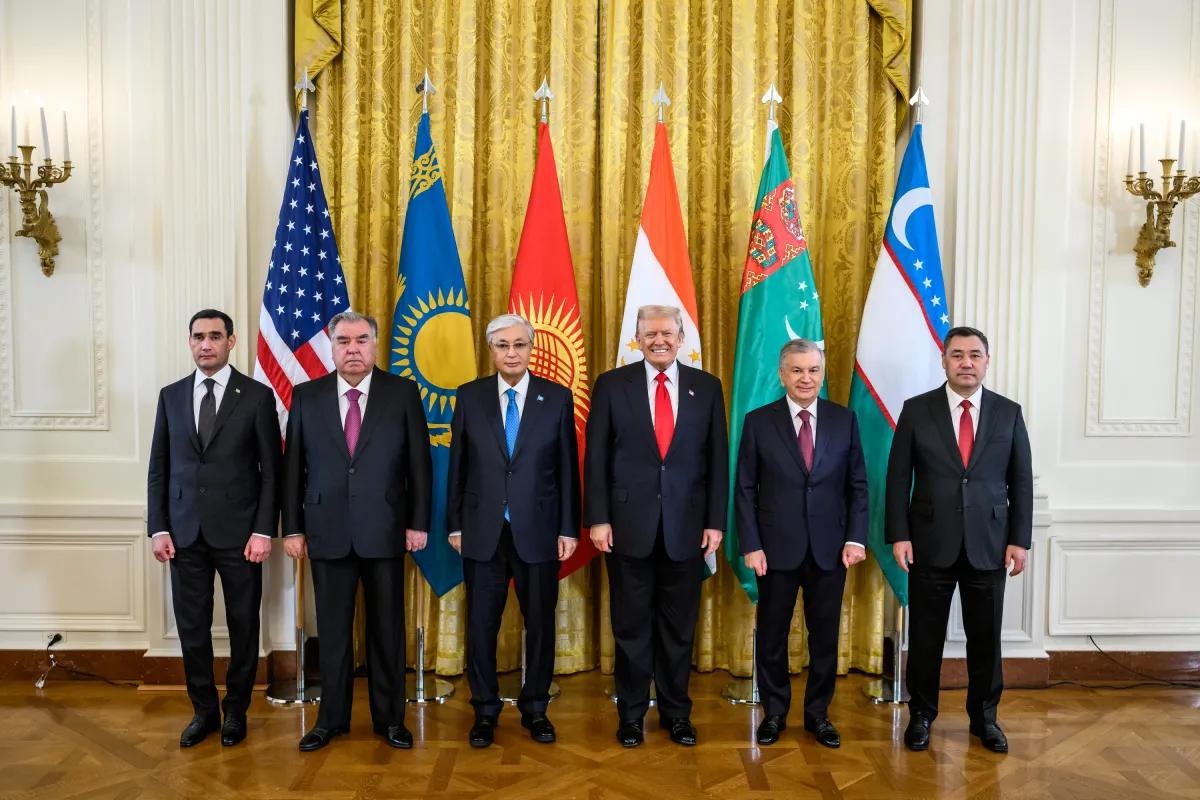
Anti-Chinese Protests Spread Across Kazakhstan
Anti-Chinese Protests Spread Across Kazakhstan
Residents of six major cities in Kazakhstan took to the streets last week (September 3) to protest their government’s decision allowing China to open 55 factories in their country, a move the protesters say will deepen Kazakhstan’s dependence on its large eastern neighbor and lead to a new influx of Chinese workers rather than provide jobs for native Kazakhstanis. These demonstrations are a powerful echo of the wave of protests that swept through the Central Asian country in 2016, when Kazakhstan’s government gave Chinese firms the right to purchase local real estate. Like anti-Chinese attitudes and protests in other regional republics, the current wave of protests has been directed as much at Kazakhstan’s central government for making deals with Beijing as at China itself. As a result, these demonstrations should arguably be seen as part of the broader unrest that has roiled the country following Nursultan Nazarbayev’s official stepping down from the presidency in favor of his successor, Kassym-Jomart Tokayev (CentrAsia, September 7).
Indeed, some who oppose the new regime in Nur-Sultan (the newly renamed capital of Kazakhstan; formerly Astana) say that these economic deals with China represent an effort by the Nazarbayev family to “save itself in the most literal sense of the word”—earning its members new wealth and allowing them to resist Moscow while continuing to “rob” the Kazakhstani people (Forum-msk.org, September 8). Consequently, it is no surprise that some demonstrators have called not only for the cancelation of the factory contracts with China but for the disbandment of the ruling party in Kazakhstan and the wholesale transformation of the Central Asian republic’s political system (Radio Azattyq, September 3). The Kazakhstani government and the Chinese embassy in Nur-Sultan have simultaneously denounced these protests as a political provocation—particularly, given that the protesters are demanding the new president of Kazakhstan cancel a scheduled visit to Beijing later this month (Centralasian.org, September 6; Radio Svoboda, September 3).
If these street rallies continue, or if the Kazakhstani government decides to crack down and arrest their participants (a step it has not yet taken), what began last week as the expression of unhappiness about China’s expanding role in Kazakhstan could quickly blossom into a full-scale political crisis and even encourage further anti-Chinese attitudes and likeminded groups elsewhere in Central Asia (Ritmeurasia.org, December 7, 2018). Indeed, what has transpired in Kazakhstan so far suggests there is a real risk of these things happening.
The current round of protests began in Zhanaozen, on September 3, and quickly spread to Nur-Sultan, Alma-Aty (Almaty), Karaganda, Shimkent and Akyube. In all six cities, demonstrators carried placards declaring “No to the Expansion of China” and demanded that President Tokayevcancel the deal pertaining to Chinese factories on Kazakhstani soil as well as put off his trip to China. Furthermore, the demonstrators clamored for a variety of political reforms (Radio Azattyq, September 3; Nezavisimaya Gazeta, Fergana, September 5; Stanradar.com, September 6).
Activists in Zhanaozen directly challenged the government’s claims about the deal. According to Kazakhstani officials, China will build 55 new factories, providing 20,000 new jobs for locals. But the protesters assert Beijing plans to shift 55 aging factories from China to Kazakhstan and then staff them with 20,000 Chinese guest workers. As a result, the demonstrators say, Kazakhstanis will not benefit, while officials in both countries profit. The agreement calling for the opening of these industrial plants was signed more than two years ago, but to date it has not been fully realized. That demonstrators are taking to the streets only now suggests, therefore, that these protests are not simply about the deal but about much bigger issues.
The scheduled summit in Beijing provides a partial explanation for the timing, but there is a larger factor at work as well: many Kazakhstanis fear their government is taking steps that will leave the country financially dependent on—and thus under the control of—Beijing. That may be justified, protesters assert, in the cases of Kyrgyzstan and Tajikistan, two extremely poor countries that have no choice but to seek such outside assistance in this way; but it should not be true of Kazakhstan, which is much larger, much wealthier and should be able to chart its own course, they argue. If the government cannot ensure the country’s long-term independence, then anti-Chinese attitudes, already intensifying, will feed anti-regime attitudes as well (NezavisimayaGazeta, September 5).
Such a combination could encourage outside actors to try to exploit the situation or, at a minimum, may lead Kazakhstani government officials to assume such outside interference is already occurring. After all, Russia has long been concerned about China’s expansion in a region it considers its own backyard, and the United States has itself become increasingly interested in containing China globally (Elgezit, August 7). If either power is assumed to be behind the current protests, these relatively small demonstrations could quickly transform into a much larger political crisis in Kazakhstan—one that would certainly spill over into other Central Asian countries as well.


